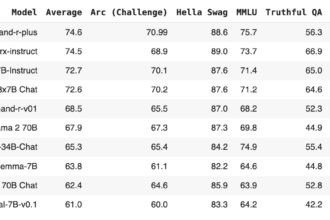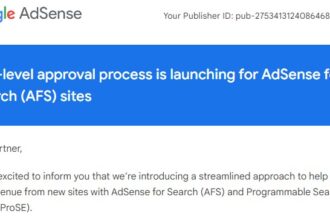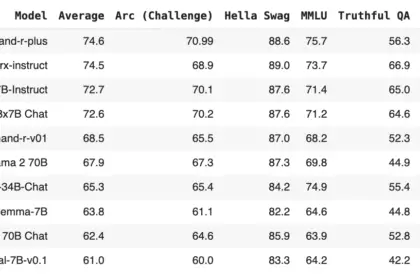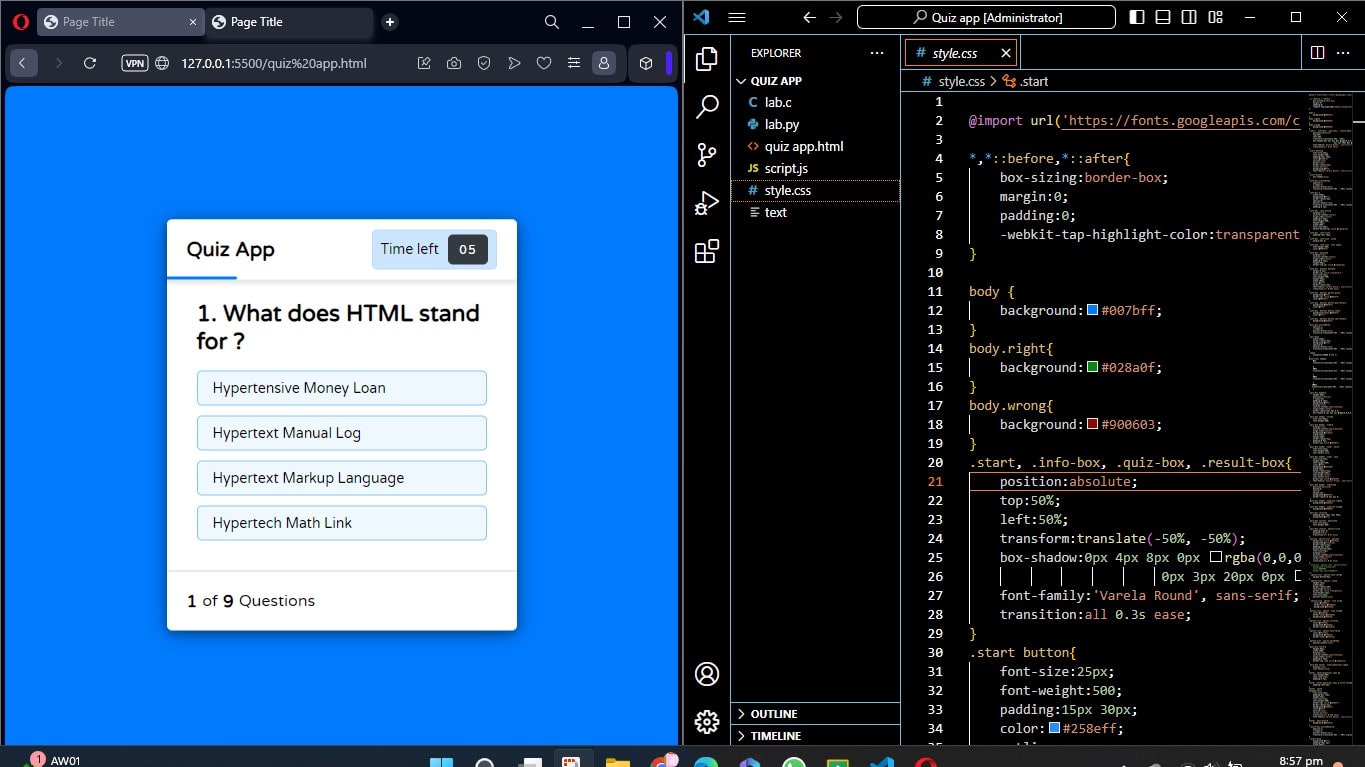In the dynamic realm of digital marketing, understanding the intricacies of search engine optimization (SEO) is paramount. This article explores the distinctions between mobile and desktop rankings, shedding light on why they often diverge despite Google’s mobile-first indexing. By examining insights from experts, industry trends, and key ranking factors, we’ll decipher the complex landscape of SEO rankings across these platforms.
The Significance of Mobile SEO
Mobile SEO vs. Desktop SEO: All Differences Explained
In an era where mobile devices dominate, mobile SEO has emerged as a critical consideration. Users’ location, operating systems, and screen sizes all influence mobile SEO, making it distinct from its desktop counterpart. To grasp the essence of this difference, we delve into the insights provided by Yana Bilokin.
Why is Mobile SEO Important?
Yana Bilokin underscores the importance of mobile SEO by highlighting that poor mobile experiences can cost businesses over 55% of their visitors. With 55.56% of global traffic originating from mobile phones in 2021, the need for mobile optimization is undeniable. Responsive web design, mobile-first indexing, and mobile-friendliness are crucial factors driving this shift.
Mobile-First Indexing
Google’s transition to mobile-first indexing in 2019 marked a significant shift. As John Mueller, a Google Senior Webmaster Trends Analyst, explains, mobile-first indexing is a technical aspect of indexing content. It ensures that Google primarily considers the mobile version of a website for indexing and ranking. This shift has profound implications for SEO, making mobile optimization paramount.
Factors Influencing Mobile Rankings
John Mueller elucidates why mobile and desktop rankings can differ, despite mobile-first indexing. Multiple factors come into play:
1. Location
Geotargeting plays a pivotal role in search results. Users in different locations receive tailored results, affecting rankings. Whether you’re searching for a restaurant in one city or another, your results will vary. Mobile users often receive more localized information, catering to their on-the-go needs.
2. Operating System of Device
The operating system of the device also influences rankings. Google considers this when displaying results, especially for app-oriented searches. Mobile rankings may feature app packs compatible with the user’s device, a distinction absent in desktop results.
3. Screen Sizes
The diversity of screen sizes on mobile devices introduces variations in search results. Google adapts search results to fit various devices, resulting in different layouts. Stat Counter data reveals the most common mobile and tablet screen resolutions worldwide, highlighting the need for adaptability.
4. Augmented Reality (AR)
Google’s foray into augmented reality (AR) adds another layer to mobile SEO. AR enables users to receive search results based on objects captured by their mobile device’s camera. This innovation enhances the user experience and showcases the evolving nature of mobile search.

Mobile Rank Tracking: What’s the Difference?
Pamela Salon’s insights further illuminate the disparities between mobile and desktop rankings. Despite mobile-first indexing, these rankings often diverge due to various factors, as explained by John Mueller.
Speed: A Critical Factor
Mobile page loading speed emerges as a pivotal ranking factor. Slow-loading pages can result in higher bounce rates, making speed optimization essential. Users expect websites to load within seconds, making Google’s Speed Score assessment valuable.
Mobile-Friendliness: A Must-Have
Mobile-friendliness is non-negotiable for ranking. In today’s fast-paced world, users demand swift answers, and a responsive mobile layout is imperative. Google prioritizes pages with mobile-friendly designs, enhancing the user experience.
Elements on Search Results Pages: Tailoring to User Needs
Google’s customization of search results based on the user’s device and context adds complexity to rankings. Mobile users seeking quick, on-the-go information receive different results than desktop users pursuing leisurely searches, with preferences for local information, images, or videos.
Conclusion: Deciphering the SEO Enigma
In the ever-evolving landscape of SEO, understanding the intricacies of mobile and desktop rankings is crucial. Google’s mobile-first indexing underscores the importance of mobile optimization. Factors such as location, operating systems, screen sizes, and augmented reality contribute to ranking disparities. Speed, mobile-friendliness, and tailored search results further distinguish mobile and desktop rankings.
As digital marketers navigate this complex terrain, embracing mobile SEO and tracking mobile rankings become imperatives. Mobile rank tracking tools like Wincher empower marketers to monitor and optimize their mobile SEO effectively. With mobile devices shaping the future of online interactions, staying ahead in the mobile SEO game is essential for online success.
In conclusion, the enigma of mobile vs. desktop rankings is multifaceted, requiring a holistic understanding of SEO principles and the evolving landscape of digital marketing. By embracing mobile optimization, tracking mobile rankings, and adapting to user preferences, businesses can thrive in the ever-expanding digital ecosystem.
Frequently Asked Questions
Why do mobile and desktop rankings differ despite mobile-first indexing?
Mobile-first indexing focuses on the technical aspect of content indexing, using a mobile Googlebot. However, ranking remains a separate process after indexing.
What are the primary reasons for disparities in mobile and desktop rankings?
Several factors contribute to differences in rankings:
Speed: Page loading speed impacts rankings.
Mobile Friendliness: Mobile-friendliness is a critical ranking factor.
Elements on Search Results Page: Varying elements in search results influence rankings.
Geography: Geotargeting tailors results, leading to location-based ranking differences.
How does mobile page loading speed affect mobile rankings, and why is it important?
Mobile page loading speed is vital for rankings, as slow loading can increase bounce rates. Quick access to information is crucial for a positive user experience.
Why is mobile-friendliness crucial for ranking, and how does it impact user experience?
Mobile-friendliness is a key ranking factor because it enhances user experience. Users demand quick and responsive mobile layouts, aligning with Google’s focus on user satisfaction.
How do differences in mobile and desktop rankings relate to mobile-first indexing?
Mobile-first indexing pertains to content indexing. Rankings, influenced by factors like speed, mobile-friendliness, and tailored search results, are separate processes that result in disparities between mobile and desktop rankings.
What are the main factors influencing ranking differences between mobile and desktop devices?
Ranking disparities arise from factors such as page loading speed, mobile-friendliness, and the unique elements displayed in search results. Geography also plays a role, leading to varying rankings based on location.
How can businesses adapt to these ranking differences and optimize for both mobile and desktop audiences?
To adapt, businesses should focus on mobile-friendliness, fast loading times, and tailored content for mobile users. Monitoring rankings with mobile rank tracking tools is essential for success in today’s digital landscape.















